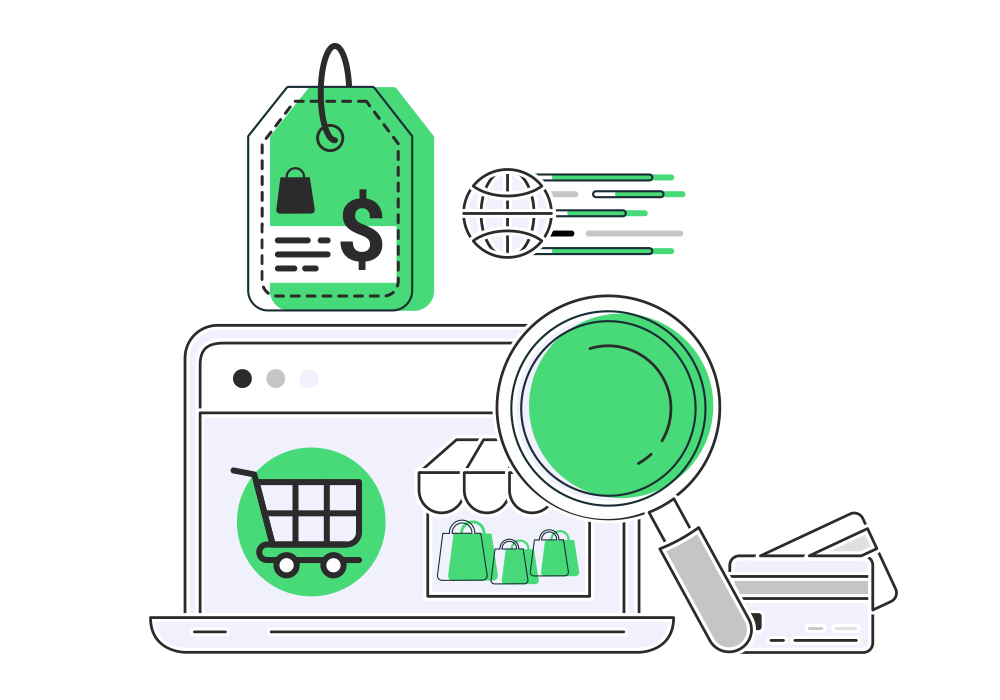Changes Happening in Society
We are witnessing a shift in consumer habits! Ethics are increasingly influencing consumers’ purchasing decisions thanks to globalization and social media. There is a growing awareness to support companies that follow a line of ethical, responsible, eco-friendly consumption or that back social causes.
Traditionally, companies would say that the stakeholders affected by any business activity are employees, suppliers, and customers. However, there is a fourth stakeholder group that has often been overlooked, and you will need to pay attention to it if you don’t want to be replaced. Theory tells us that no group should lose for another to gain. Who is this fourth group? We are talking about society and the environment.
Recently, the Climate Summit was held in Madrid, highlighting the dangers of not taking care of our planet. According to a study conducted by Deloitte, millennials and Generation Z are the most environmentally conscious and committed to sustainability. They are the future, and no less than 37% already claim they would not buy products from ethically irresponsible brands. Additionally, 42% state they would start purchasing from companies whose products and services generate a societal benefit.
For these reasons, many companies are changing their mindset. We can observe year-by-year changes, such as supermarkets and small stores replacing plastic bags and packaging with cardboard or 100% renewable materials. This is not just our observation; Google also highlights it in its 2020 Retail Trends report for Spain.
But it’s not just about the environment. Entrepreneurs from this generation are increasingly focusing on supporting or joining social projects, aware that society needs to evolve and that entrepreneurship should have a social purpose behind it.
Consumer habits are changing, which means that when faced with two companies offering similar products, most buyers will favor the one that does not harm the environment and/or contributes to society beyond its economic profits. In the fashion world, for example, the website Good On You ranks brands according to how ethical they are.
According to Google in its marketing trends for 2020, companies should strive to be transparent about their role in society and highlight where they plan to invest to become even better.
Of course, it is also crucial to leverage this new information through both traditional and digital communication channels to sway consumer behavior in favor of the company.
This change in habits is here to stay. The awareness of upcoming generations will continue to grow, and companies will need to gradually adapt.
Where Should Companies Head?
Society is increasingly demanding that companies seek a balance between profits, environmental protection, and addressing social issues. Sustainable marketing, therefore, focuses on aligning the 4Ps (Price, Product, Place, Promotion) with the 3Ps (People, Planet, Profit).
When making a purchasing decision, customers must be able to distinguish between one product and another, or one company and another. This is already reflected economically: young people are willing to pay more for products they consider premium. And by premium, we also mean products that are environmentally respectful, ethically consumed, or sustainably produced.
Changes within companies are being driven by the awareness that everyone wants a better planet to live in. Companies that do not follow this path will eventually be replaced.
A Clear Example of a Socially Responsible Company
A clear example of an entrepreneur who embodies this approach is June Arrieta, who recently received a special mention from the jury of the Young Social Entrepreneurs Awards at Universidad Europea.
She founded Zocco Handmade, a company that produces and sells handbags and other accessories made by women at risk of social exclusion. The products are priced higher because they are handcrafted, and the women receive fair wages and training that is highly beneficial. Additionally, each product includes a card telling the story of the specific woman who made it, making the production process transparent to buyers. This approach promotes reflection on responsible consumption when purchasing these types of products.



